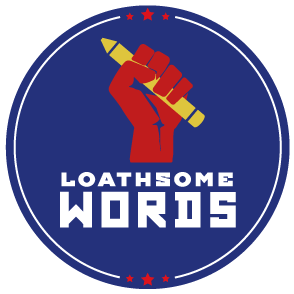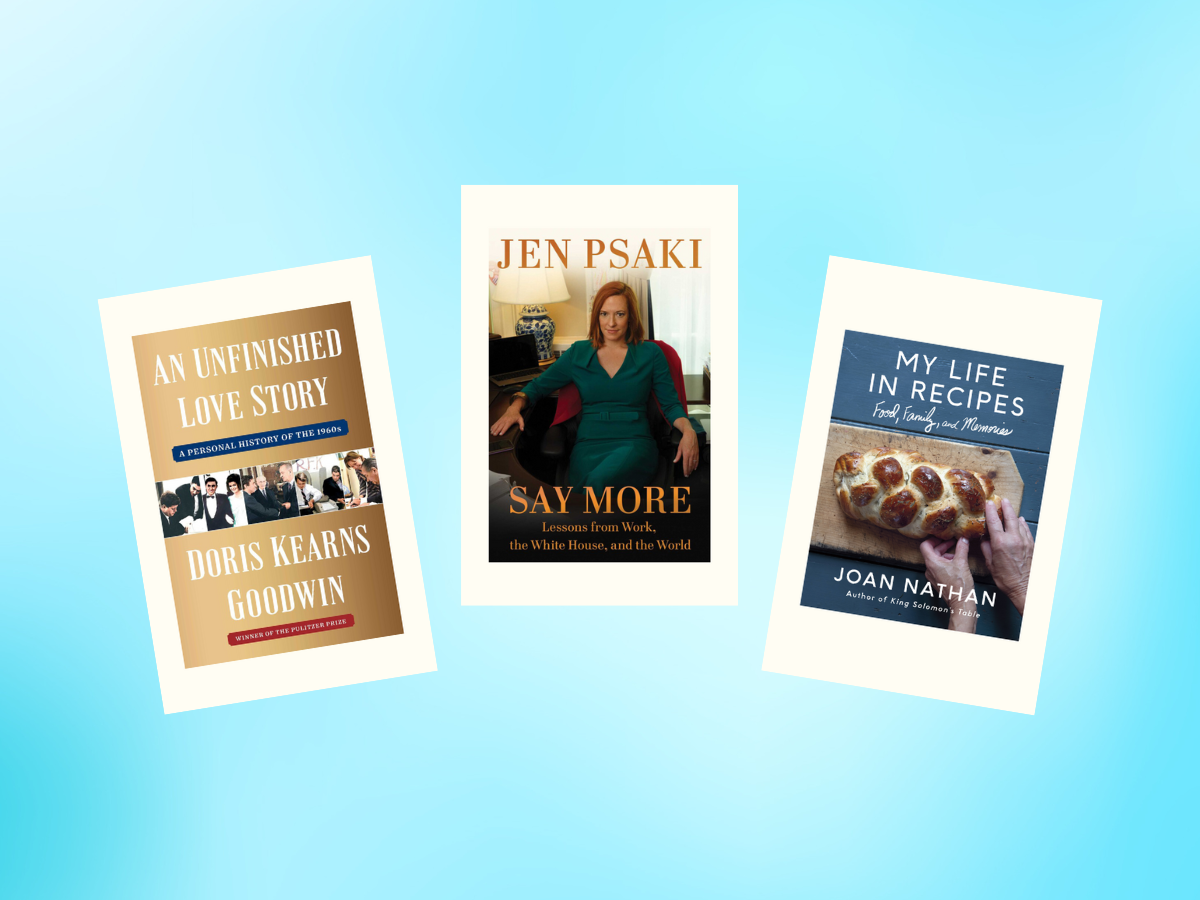 Earlier this year when I told a friend I was writing a column on “loathsome” words and gave her examples of a few, she said, “Great! You’ve got to do ‘a coffee.’ ”
Earlier this year when I told a friend I was writing a column on “loathsome” words and gave her examples of a few, she said, “Great! You’ve got to do ‘a coffee.’ ”
A coffee?
“ ‘Have a beer’—that’s fine. But ‘have a coffee’? Ugh. It sounds so stupid.”
I said I’d think about it. The truth is a coffee doesn’t bother me in the least. This column is unabashedly my personal pet peeves. Yet while I don’t expect everyone to agree with me (everyone doesn’t) or immediately stop using the words and constructions I call out (trust me, that’s not happening), I do hope to make people more conscious—not self-conscious, as one or two have suggested—of common habits, missteps, and tics that can make their writing less original, clear, or forceful.
A former coworker sent a message with the subject line “reaching out”—jargon I had declared loathsome that week—and continued the thought in the e-mail: “Yes, though I admit it’s not as bad as some of the words you have written about.” With all due respect to him, I think it is one of the worst—but that just proves the subjectivity of the whole endeavor. He went on: “Also not a big fan of the overuse of team outside sports.” On that he and I agree, though we’re in the minority (if not left writhing in the dust):
There is no problem, all is fine. I just hate the word team. And I will be out of a job tomorrow. 🙂 #loathsomewords #IHatedGymToo
— Bill O'Sullivan (@billmatto) July 7, 2016
One person’s team is another’s . . . well, let’s hear from Washingtonian editor Mike Schaffer, as he put it to me:
“Garner. Enough with the garnering of praise, acclaim, etc.”
I wouldn’t place garner on my personal list, but it’s probably more overused than I realize—and hey, if it bugs one person and this mention inspires someone else to think of a fresher way of saying it, that’s a good thing.
From another follower:
. @billmatto I'm seeing "tapping into" everywhere. Can I loathe it, or just be grateful that it's replaced "leveraging"? #loathsomewords
— Liza Herz (@LizaHerz) May 27, 2016
That’s probably a mere 6 on the 1–10 annoyance scale for me, but it’s more than a 5, so I approve this message.
Sometimes readers educate me. My colleague Hillary Kelly pointed out in conversation that peruse is widely misused—something I confess I didn’t know. The dictionary definition is to read or examine with great care, while it’s commonly used—including by me—to mean skim or glance at. (The dictionary has a note disapproving of this usage.)
Now take a listen to this:
@billmatto “Take a listen” should take a hike… #loathsomewords
— Melanie Alnwick (@fox5melanie) May 17, 2016
All of you who also hate that term (or taking a listen while enjoying a coffee), you’ve got an ally.
The same follower thinks went viral should be over. Another dislikes utilize (yes, use is nearly always just as good and hence preferable). For someone else, it’s linkage (agree!). A writer friend offered me a list: touch base, at the end of the day, branding, mouthfeel (“WTF,” she said), incentivize, and thought leader.
Clearly, there’s more than enough loathing to go around. But the internet—especially the internet, though print as well—can be a linguistic echo chamber: People unwittingly repeat words and rhythms they hear. (I’ve been guilty.) So don’t expect widespread reform, but to the extent I can help get the word out, keep the suggestions coming.



















